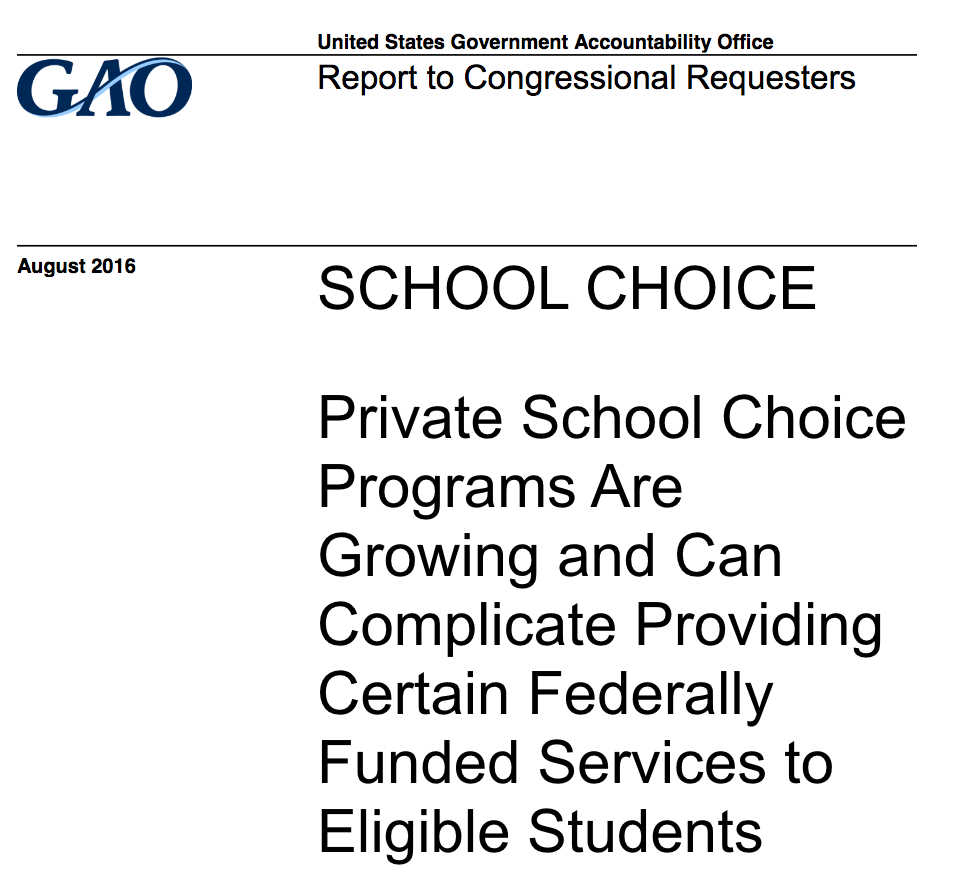by Amelia Pak-Harvey
Sentinel and Enterprise
September 21, 2016
LOWELL — Adding more national attention to the statewide fight over charter schools, a new report from a conservative, New York-based think tank concludes that charter-school enrollment actually increases per-pupil spending for traditional school districts.
Question 2 on the Massachusetts ballot, which would allow for up to 12 charter schools or expansions every year, has drawn a heated battle that has racked up more than $18 million in spending from proponents and opponents combined.
At the heart of the costly battle is money itself.
Opponents of the measure, which include the Save Our Public Schools campaign, argue that charter schools take money away from traditional school districts.
Sending districts are reimbursed through a complex formula in which money for each student follows a child to their charter school.
Yet, a new Manhattan Institute report contends that while charter-school enrollment reduces the net amount of Chapter 70 state aid that districts receive, it increases per-pupil spending in the 10 districts with the largest number of charter-school students.
“It is not false that charter enrollments cost district schools over $400 million a year,” said Max Eden, author of the report.
But after Massachusetts’ “unique reimbursement” — which he argued is one of the most generous reimbursement plans in the nation — districts are getting paid a significant amount of money for students they no longer teach.
“They are left with more to spend on the number of students they serve, even if they have less money to spend overall,” Eden said.
The report bolsters the pro-charter-school stance — that districts keep getting paid for students who are simply not there.
The state reimburses the full cost of a student’s tuition by 100 percent the first year the student leaves, and 25 percent for five years after that.
Those reimbursements aren’t always fully funded. Even so, Eden said, it still causes an increase in the per-pupil amount.
The report uses fiscal 2016 numbers from the Massachusetts Teachers Association website that detail charter-school payments and the number of children sent to charter schools, according to Eden.
That analysis includes Lowell, which had 1,490 charter-school students in fiscal 2016.
After state reimbursement, the district paid about $14.8 million in charter-school costs. In fiscal 2017, the current fiscal year, Lowell is projected to pay nearly $17 million.
Eden calculated his own per-pupil spending amounts both before charter-school enrollment and after enrollment, concluding that Lowell’s per-pupil amount increased from $12,045 to $12,269 due to charter enrollment.
Across the top 10 districts, Eden found that per-pupil spending increased by about $85 million.
Yet, as school officials may argue — and what the report also mentions — a technical per-pupil increase still doesn’t erase the challenge of students lost to charter schools.
Districts may still have to fund materials or resources for an entire classroom even though just one or two students might have left.
Save Our Public Schools argued that the report was bought and paid for by the “same Wall Street billionaires” who are funding Question 2.
In a statement, the campaign said the institute “quarrels” with state data that show 231 districts will lose more than $450 million to charter schools this year.
“Right-wing think tanks can fiddle with the numbers all they want, but Merrimack Valley parents and educators see the impact of this financial drain in classrooms every day,” the campaign said in a statement. “Schools without librarians, larger class sizes, school buses eliminated, and other serious cuts.”
In a statement, state Executive Office of Education spokeswoman Laura Rigas said the office will review the final report when it becomes available. But she said it appears to be consistent with the office’s own analysis that per-pupil spending has gone up in districts with the most charter-school students.
Beyond the numbers, the report is the latest example of a statewide question that has attracted plenty of attention out of state.
In spending efforts on both sides, $11 million has come from outside the state.
Families for Excellent Schools, a nonprofit based in New York, has given nearly $6 million to the group fighting for charter-school expansion, Great Schools Massachusetts.
And beyond the Manhattan Institute, which has published previous reports supportive of charter schools, the issue has attracted attention from other out-of-state groups such as the Center for Education Reform.
Read more: http://www.sentinelandenterprise.com/news/ci_30386680/study-bolsters-charter-schools#ixzz4LYeDhk3A

















Innovation and Technology is Alive and Well at These 10 Super Schools
Education Reform has evolved. And with it, so has CER’s mission to transform the landscape for education excellence and opportunity. In an increasingly digital world, the need to connect the dots between leading innovators and technology with the demand for greater educational opportunity is more critical than ever. The need to improve opportunities for students is part of the reason we’re playing a role in a new EdTech accelerator and incubator. And it’s why in June CER convened hundreds of leaders in education, business, politics, and media to make a bold call for a New Opportunity Agenda in education, focused on Innovation and Opportunity, and with it a commitment to advancing both throughout all education.
“XQ: The Super Schools Project” is answering that call. It seeks to answer the question: “What do our high schools need to prepare our students for the future?”
Last night, a school near and dear to CER (whose founder Seth Andrew is a long time ally and edreform superstar and whose board incudes CER’s CEO Jeanne Allen – Washington Leadership Academy (WLA) – was announced as one of ten XQ Super School winners. No small feat, as there were nearly 700 schools in the running!
As CBS This Morning reported, “At the Washington school, [Laurene Powell Jobs] found the kind of creative and collaborative approach to learning she says students need to prosper in today’s world.”
Laurene Powell Jobs (yes, that “Jobs” – wife of the late tech genius Steve Jobs) is the funder behind the XQ Super Schools project, awarding $10M grants to schools daring to rethink high school and prepare students for a 21st century economy.
The XQ Super School’s Big Reveal in Washington DC yesterday gathered some of the biggest national leaders and entertainers in one room (The rumors are true – MC Hammer was there along with House Minority Leader Nancy Pelosi). We’re excited that innovation and opportunity in education is getting the national attention it deserves, and are thrilled to be at the forefront the genesis of education reform and solutions that enable all seeking a great education – at any age, time or place –the ability to do so.
Congrats to the XQ Super Schools winners, and all schools across America with courageous leaders and educators daring to reimagine education.
Want more? Check out #XQBigReveal and #RethinkHighSchool on Twitter.